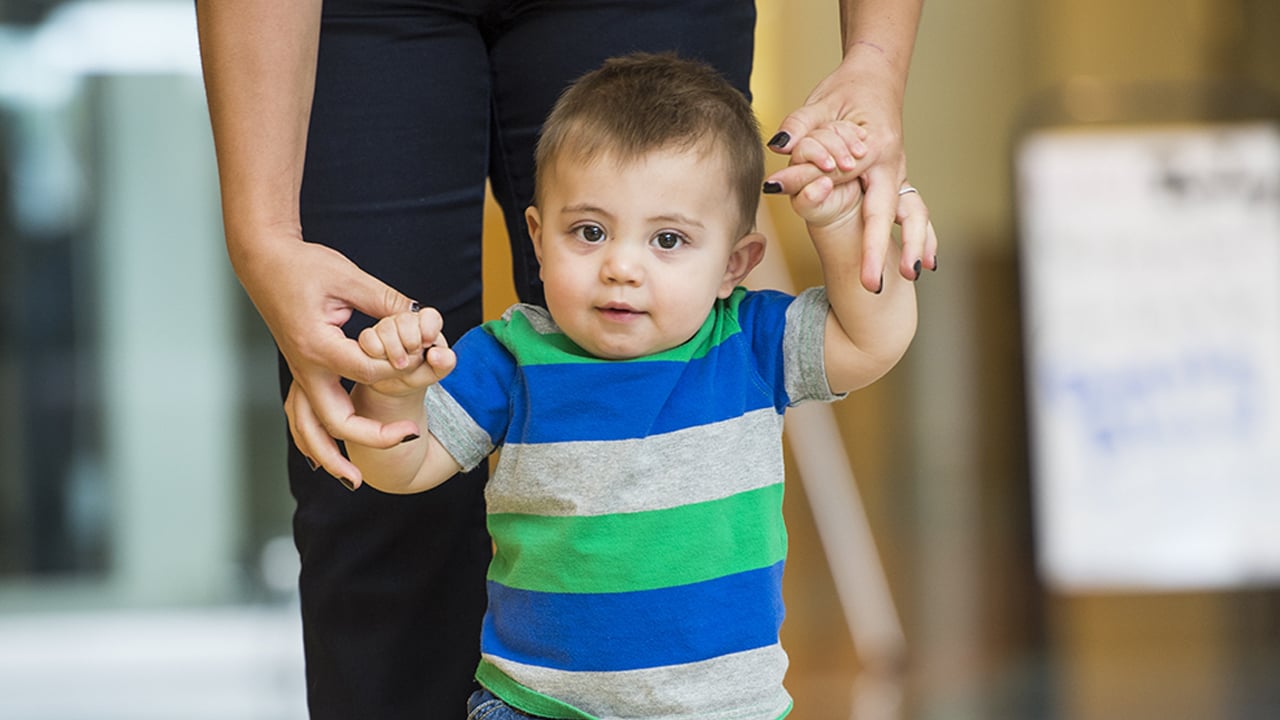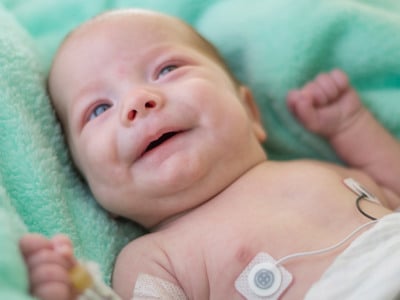- Doctors & Departments
-
Conditions & Advice
- Overview
- Conditions and Symptoms
- Symptom Checker
- Parent Resources
- The Connection Journey
- Calm A Crying Baby
- Sports Articles
- Dosage Tables
- Baby Guide
-
Your Visit
- Overview
- Prepare for Your Visit
- Your Overnight Stay
- Send a Cheer Card
- Family and Patient Resources
- Patient Cost Estimate
- Insurance and Financial Resources
- Online Bill Pay
- Medical Records
- Policies and Procedures
- We Ask Because We Care
Click to find the locations nearest youFind locations by region
See all locations -
Community
- Overview
- Addressing the Youth Mental Health Crisis
- Calendar of Events
- Child Health Advocacy
- Community Health
- Community Partners
- Corporate Relations
- Global Health
- Patient Advocacy
- Patient Stories
- Pediatric Affiliations
- Support Children’s Colorado
- Specialty Outreach Clinics
Your Support Matters
Upcoming Events
Colorado Hospitals Substance Exposed Newborn Quality Improvement Collaborative CHoSEN Conference (Hybrid)
Monday, April 29, 2024The CHoSEN Collaborative is an effort to increase consistency in...
-
Research & Innovation
- Overview
- Pediatric Clinical Trials
- Q: Pediatric Health Advances
- Discoveries and Milestones
- Training and Internships
- Academic Affiliation
- Investigator Resources
- Funding Opportunities
- Center For Innovation
- Support Our Research
- Research Areas

It starts with a Q:
For the latest cutting-edge research, innovative collaborations and remarkable discoveries in child health, read stories from across all our areas of study in Q: Advances and Answers in Pediatric Health.


Developmental Milestones for Babies in the NICU

How do you know if your baby is doing OK? They’ll tell you, often loudly, if they don’t like something in the moment. But overall, how do you know if your baby is developing properly and doing what they’re “supposed” to do?
There are plenty of month-by-month newborn development guides, but most are designed for full-term, relatively healthy babies. What about babies in the Neonatal Intensive Care Unit (NICU) with complex medical conditions? They probably won’t follow a “typical” developmental timeline — and that’s OK.
Every baby is different. Preemies and babies with serious conditions have to work harder to learn certain skills, but they’ll usually get there with extra support. If your baby is healthy, growing and making progress, they (and you) are doing great.
We also know it’s reassuring to have an idea about what progress looks like for your baby. Our neonatal experts created a developmental timeline for babies in the NICU, along with ways to help your baby heal and develop. Keep these things in mind as you look at this timeline:
- Every baby develops at a different pace, and this is especially true for babies in high-level NICUs. It’s challenging to give general guidance for newborns with serious medical conditions.
- Certain conditions affect specific parts of their development and make some things in life harder. But kids are adaptable and might surprise you with how well they adjust to difficulty.
- This timeline covers the first weeks of life because they’re so important for babies in the NICU — especially those born prematurely. Developmental timelines for full-term babies are often broken into months, but preemies change a lot from week to week.
Premature baby milestones at 23 to 32 weeks gestation
Babies born very prematurely need a lot of rest and critical medical support. Ideally, your baby won’t be doing much during these weeks aside from sleeping, healing and receiving care.
What should you expect from your baby?
- Sensitivity to lights and sounds
- Cues that they’re overstimulated, such as jittery movement, irritability, hiccupping or excessive yawning
- Long periods of rest
How can you help your baby?
The best thing you can do is create a healing environment where your baby can rest and recover. Do your best to limit noise, light and other things that might stimulate your baby. Be present with your baby so you can learn their mannerisms and cues.
Every baby is different, so ask your nursing team if the following steps are appropriate for your baby:
- Have skin-to-skin contact, known as kangaroo care.
- Calm your baby by gently placing one hand on their head and the other on their feet, known as containment.
- Wear a small piece of cloth on your skin so it picks up your scent, then place it near your baby’s head so they get to know your scent.
- Limit sound in your baby’s room.
- Talk or sing to your baby in a soft, calm voice.
- Cover your baby’s eyes if bright lights are necessary and use their isolette cover to limit light.
- Learn their stress cues and provide containment, if appropriate.
- Give your baby a warm water sponge bath (no soap in the first week) and put lotion on dry skin.
Premature baby milestones at 33 to 37 weeks gestation
During this time, your baby may start to look around more and handle stimulation a little better. They still need a lot of rest and limited stimulation to heal.
What should you expect from your baby?
- Looking around while awake
- Slight decrease in overstimulation cues
- Long periods of rest
- Signs that they want to feed:
- Waking up before or during feeding times
- Sucking on a pacifier
- Rooting reflex — when your baby’s mouth touches skin or a nipple and they open their mouth and try to follow it
How can you help your baby?
You can get slightly more involved in your baby’s care as they become more used to their surroundings and can handle more stimulation. Spend time with them to learn their stress cues and mannerisms.
Ask your nursing team if you can take the following steps:
- Have skin-to-skin contact, known as kangaroo care.
- Calm your baby by gently placing one hand on their head and the other on their feet, known as containment.
- Wear a small piece of cloth on your skin so it picks up your scent, then place it near your baby’s head so they get to know your scent.
- Gently swab their mouth with breast milk on a cotton swab.
- Limit sound in your baby’s room.
- Talk or sing to your baby in a soft, calm voice.
- Cover your baby’s eyes if bright lights are necessary and use their isolette cover to limit light.
- Open the window shade to allow soft light into the room during the day.
- Learn their stress cues and provide containment, if appropriate, including while nurses are caring for your baby.
- Swaddle your baby gently in a blanket.
- Give your baby a warm water sponge bath and put lotion on dry skin.
- Talk with your nursing team about your baby’s feeding cues and the best way to feed your baby.
Premature baby milestones at 37 to 42 weeks gestation
At this time, your baby is the age of full-term babies when they’re born, so they may start behaving in similar ways. But don’t expect your baby to act exactly like a full-term baby, especially if they have a serious medical condition. Try to focus on the progress your baby has made.
What should you expect from your baby?
- Being more alert and awake
- Interacting more with their environment
- Trying to touch, feel and grab things around them
How can you help your baby?
At this point, you’ll be more familiar with your baby’s personality and they may handle stimulation better. You can continue doing many things you’ve done previously with your baby (see above).
Ask your nursing team about more ways to interact with your baby:
- Give your baby new things to touch and feel as you play with them, like soft blankets and grasping rings.
- Show your baby a mirror, moving toys, black-and-white images and images of faces when they’re awake.
- Allow your baby to move freely, unswaddled at times, in a safe location like a crib.
- Consider allowing them on a play mat or swing.
Premature baby milestones at 42 weeks to 3 months
Your baby will probably go home at some point during this time, depending on their condition and progress. Typically, in order to go home your baby must be:
- Feeding entirely by mouth or gastrostomy tube (g-tube)
- Gaining weight
- Using low-flow oxygen support or no support
- Not using inhaled nitric oxide.
If your baby meets these milestones and can go home, they might start to follow a developmental timeline more typical of a full-term baby. Again, this depends on their condition and how serious it is. Talk to your care team about how you should view your baby’s milestones.
What should you expect from your baby?
- Mostly alert and awake during the day outside of naps and asleep at night
- Continuing to interact with you and their environment
- Smiling, giggling and putting their hands in their mouth
- Beginning to roll over and sit (more common after 3 months)
- Reaching and grabbing for toys or other objects
How can you help your baby?
At this point, you’ll know your baby and their personality well. Keep an eye out for when they’re not acting like themselves or not making developmental progress. You’ll be trying to stimulate them and play with them more as they grow.
- Introduce new toys with different textures and sounds.
- Help your baby work on reaching and grabbing for toys.
- Speak, read or sing to your baby in a soft voice.
- Encourage them to play and smile.
- Help the nursing and therapy teams in setting daytime and nighttime schedules for your baby.
- Make sure your baby sleeps on their back, in a flat bed free of other items.
Understanding premature milestones
It can be easy to view developmental milestones as targets you and your baby need to hit. You might be tempted to think you haven’t done something right if your baby doesn’t meet them.
Don’t put that kind of pressure on yourself — especially if your baby is a preemie or had a serious medical condition. It’s not realistic to compare their progress to typical development for full-term babies.
Think of milestones as information for you and your care team. Milestones are just one factor that helps us assess your child’s overall health — and where they need help, encouragement or specialized care.
Childhood development isn’t a race, so try not to compare your child to others. Many factors can cause one child to reach a milestone before another. And your child could very well catch up later.
Take a broad view of your child’s growth and development and celebrate the small wins. Before you know it, they may be moving around and making noise and messes at a rate that will erase your memory of when they started doing what.



 720-777-0123
720-777-0123






